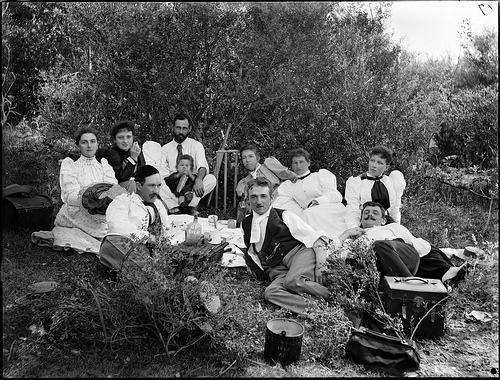 by Mike O’Mary
by Mike O’Mary
More than 20 years ago, Marsha Sinetar wrote a book called Do What You Love, The Money Will Follow. It’s a nice idea, but I’m not sure the premise bears out. Perhaps it worked for the author—assuming, of course, that she “loved” writing a how-to book and making lots of money. But what if you “love” hanging out at coffee shops or eating donuts or taking long naps in the afternoon? It’s hard to see how the money is going to follow you to any of those places.
Or what if you love something but aren’t very good at it? I know lots of people who play golf, for instance, but most of them could never make a living at it. But then again, making a living at golf doesn’t necessarily have to mean making millions of dollars on the professional tour. Every course in the country has a golf pro or two or three to run the pro shop and give lessons. There are also people who sell equipment and organize tournaments and arrange trips for people who want to go to Myrtle Beach or Hilton Head for a golfing vacation. So I suppose you could stretch things a bit to say those people are all doing things that they love—although you don’t have to stray too far from the main subject before it starts to sound less like something you love and more like work.
So in the end, I guess I don’t buy the notion that you can do what you love and the money will follow. I think it’s usually the other way around: You usually end up paying money in order to do what you love. So I think I’m going to write a book called How to Find Out Where the Money Is and Do Something to Get It So You Can Turn Around and Spend It to Do Things You Love. But that’s a pretty long title and writing it sounds like a lot of work. Maybe the best thing is to just forget about the money altogether. You don’t need that much to hang out at a coffee shop anyway.
Mike O’Mary is founding dreamer of Dream of Things, a book publisher currently accepting creative nonfiction stories for anthologies on 14 topics, including an anthology titled “Cubicle Stories: Life in the Modern Workplace.”

 by Mike O’Mary
by Mike O’Mary by Mike O’Mary
by Mike O’Mary by Mike O’Mary
by Mike O’Mary by Mike O’Mary
by Mike O’Mary